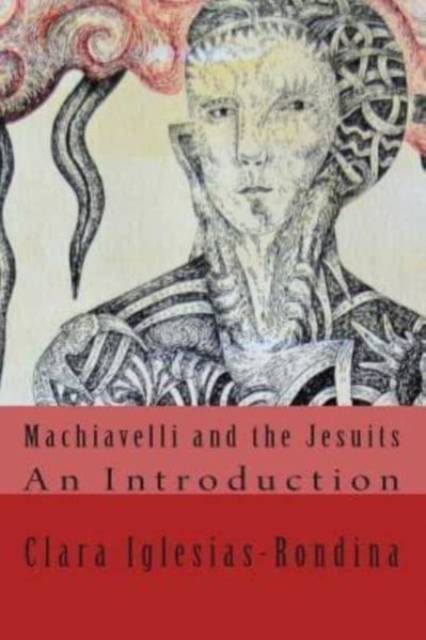
- Retrait gratuit dans votre magasin Club
- 7.000.000 titres dans notre catalogue
- Payer en toute sécurité
- Toujours un magasin près de chez vous
- Retrait gratuit dans votre magasin Club
- 7.000.000 titres dans notre catalogue
- Payer en toute sécurité
- Toujours un magasin près de chez vous
Description
This essay deals with the fascinating although complex relationship between the figure of Machiavelli and the Society of Jesus in Italy and Spain. The text introduces the reader to the way in which the Jesuits responded to Niccolò Machiavelli's political doctrine and followers, by presenting alternative conceptions of reason of state and the role of ethics in practical politics.Some of the topics and figures addressed in this essay include: -The Jesuits: Machiavellian or anti-Machiavellian?-Casuistry-Simulation and dissimulation in politics-The anti-Jesuit libel 'Secreta Monita'-Reason of state and Christian reason of state-Counter-Reformation in Italy and Spain-Niccolò Machiavelli's 'The Prince' and the 'Discourses'-Ignatius of Loyola-Giovanni Botero's 'On Reason of State' ('Della ragion di stato')-Pedro de Ribadeneyra, Juan de Mariana, Francisco de QuevedoThe essay contains, among other things, 11 plates that depict authors and covers of the main texts mentioned in its pages, as well as a list of helpful online resources. In addition, Clara Iglesias-Rondina (under the name 'M.C. Iglesias') is the author of the cover illustration, titled 'The Warrior'. This is the first volume of a series entitled 'The Anti-Machiavellians' that analyzes the early reaction to Machiavelli's teachings in Europe. The next volume will focus on the utilization of Machiavelli's texts by relevant anti-Machiavellian thinkers in England, France, Italy and Spain. (Essay: 16,200 words).About the Author: Clara Iglesias-Rondina is a scholar, author and illustrator. She earned her Ph.D. in Italian Studies at Yale University, a B.A. and M.A. at the Complutense University of Madrid, Spain, as well as a B.A. in Fine Arts in Santa Fe, Argentina. 'Machiavelli and the Jesuits. An Introduction' is her first book. Her future projects include volumes on Dante Alighieri, illustrated books, and a novel. She is the author of all the illustrations on the covers of her books.
Spécifications
Parties prenantes
- Auteur(s) :
- Editeur:
Contenu
- Nombre de pages :
- 72
- Langue:
- Anglais
- Collection :
- Tome:
- n° 1
Caractéristiques
- EAN:
- 9781502863850
- Date de parution :
- 15-09-14
- Format:
- Livre broché
- Format numérique:
- Trade paperback (VS)
- Dimensions :
- 152 mm x 229 mm
- Poids :
- 108 g







